Whilst a wonderful and exciting industry the travel sector is a highly competitive and forever evolving. It is important you consider a number of steps before you start trading.
Consider and research whether your business is unique:
Although not impossible to set up a successful travel business selling flight tickets and packages worldwide, it is fair to say with the level of competition it is certainly not easy. Therefore, having a niche will allow you to set up a business with potentially less funding as you will not need to invest as heavily in marketing compared to if you were selling a package holiday to Spain. It will also open you up to customers who want to experience something different that they could not get from the bigger established companies.
Make a business plan:
It is important that a travel company creates a well thought out business plan. Here you should outline things such as your marketing strategy, target markets, budget/projected financials, future growth plan and staff requirements.
Make sure you are realistic, it is not unusual for people to over project/be over ambitious in their first year. Try not to take over the world from day one, produce a realistic plan based on a stable steady growth.
Establish your brand:
The power of branding is huge, carefully consider your logo, trading name, fonts, slogans and colour scheme. Getting the branding right could be a key factor to a business’s success. A memorable name, eye catching brochures, website and other publicity material partnered with good customer service can only have a positive impact on the business and its ability to drive repeat custom.
Comply with Regulations:
It is essential to ensure you are trading within the law and are clear on regulations to ensure you are compliant. Within the UK and Europe, the Package Travel Regulations (PTR) are what govern the industry and depending on where you are based/where you are selling to will determine which licences and memberships you require.
Promoting your business:
The ways and means you go about promoting your business can in a lot of cases be the difference between the success and failure of a tour operator/travel agent. Ensure you choose marketing methods wisely, be shrewd with your budget and constantly monitor the progress of each form of advertising. This can be done by measuring the number of leads generated and sales converted against the money spent to drive this interest. Initially using various forms of advertising to establish the best and most effective routes may be wise as long as your budget enables you to do so.
Build customer relations:
When new to the market it is absolutely key you deliver great customer service. Repeat custom is of huge importance and therefore your first-time dealings with a customer is vital to ensuring customers return year in year out to use your services.
If a customer is left unsatisfied with your product or your customer service and as a result leaves bad feedback for the public to see, this will only have a negative effect in terms of trying to sell your services to other customers.
A positive customer relationship can be built via polite and efficient sales staff, eye catching marketing material, customer perks, meeting or exceeding customers’ expectations.
Insurance:
Depending on what you are selling and whether you are an agent or tour operator, providing travels services can be very high risk. From extreme sport holidays and adventure holidays to your more generic beach holiday each can result in claims from a customer. Of course, some trips carry more risk than others but regardless it is essential that a travel company covers itself in the event a customer makes a claim against them.
Claims can be made as a result of an accident/injury in resort or if a customer feels they were mis-sold something, amongst a number of other scenarios. Therefore, utilising an insurer that offers a combined tour operator policy will give you peace of mind.
